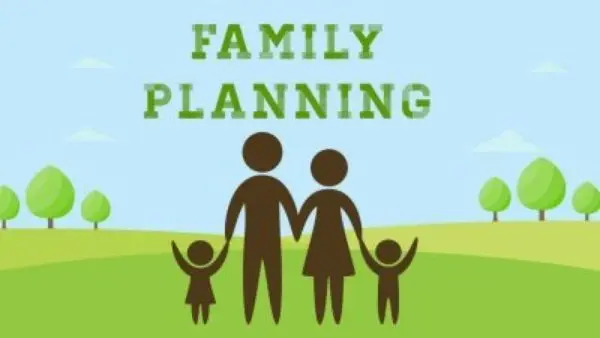
Health advocates under the aegis of a coalition of civil society groups working in the health sector are asking for an increment in the proposed 2023 budget for health, describing the 5.7 per cent apportioned as “grossly inadequate”, given the country’s population.
In his remarks, the chairman, National Advocates for Health (NA4H), Hon. Mohammed Usman, who spoke on behalf of the coalition, during a press conference yesterday (November 10, 2022) in Abuja, also demanded the inclusion of family planning commodities funding.
Usman described the failure of the government to fund family planning in 2022 and the proposed 2023 as “reckless”.
He said that despite the escalating overpopulation leading to increased maternal deaths insecurity and poverty, the country was yet to accord the desired funding for a sustainable population.
Usman, however, called on the National Assembly to review the proposed health budget to ensure adequate funding in the final approved budget.
“In a situation where the current proposed budget is less than N6000 per Nigerian; it is considered a very low investment for Nigeria,” he said.
Also, the NA4H chairman asked for the inclusion of the $4 million as contained in the nation’s commitment, fulfilling its commitment to providing one per cent of the country’s budget to family planning and improving family planning services through contraceptive use, interventions and counterpart funding.
“We call on the government to also increase the current 5.7 per cent to the 15 per cent Abuja declaration and maintain the one per cent basic healthcare provision funds as a statutory transfer as provided in the National Health Act,” he added.
Usman also called for an increase in funding for polio eradication and other child-killer diseases.
In her remarks, the founder of Vaccine Network for Disease Control (VNDC), Mrs. Chika Offor said that budgeting for health goes beyond allocation. She said the government must ensure better implementation, utilisation of funds and evaluation to achieve a vibrant sector.
Offor said that the budget process enables health officials to understand the mechanisms used to allocate resources for the health sector.
“Taking an active engagement helps align the budget process with health sector priorities, directing resources towards current and evolving health needs,” she said.
Offor added that cost allocation is necessary to know the full cost of the service.
“Knowing the full cost of producing a patient service allows a health care organization to determine if a payment is adequate,” she said.
Similarly, the district head of Gagi, Sokoto, Alhaji Sani Jabni, said that making the case for increased budget allocation to the health sector is critical if more domestic resources are to be garnered for financing universal health coverage (UHC).
Jabni, who is also chairman of the Association for the Advancement of Family Planning (AAFP) said that the 2001 African Union (AU) meeting in Abuja which hosted heads of state pledged to devote at least 15 per cent of their annual budgets to improve the health sector.
He said that this is a feat the country has been unable to achieve.
The district head stated that in the 2023 budget, the provision for health at N1.58 trillion is eight per cent.
He said that investments in family planning are an investment in saving the lives of women and children and leading to prosperity for all.
“Family planning, therefore, is critical to achieving Sustainable Development Goals which are aimed at ending poverty and improving wellness and health. It is also key to achieving ending hunger, as well as promoting gender equality.
“That’s why a country as populous as Nigeria needs to promptly release the budget for the procurement of family planning (FP) commodities,” he said.
Science Nigeria reports that the total sum allocated to the Ministry of Health out of the overall expenditure of N20.507tn is N1.097tn inclusive of the N47.649bn provided for the Basic Health Care Provision Fund.
This is 5.35 per cent of the proposed budget expenditure and about one-third of the 15 per cent Abuja Declaration Commitment.
However, there are other provisions related to health in the budget like the provisions for the National Health Insurance Scheme Fund of MDAs (N105.797bn), NHIS for military retirees (N4.481bn), NHIS for Corps members (N5bn) and GAVI/immunisation counterpart funding (N69.570bn).
When the foregoing is added to the allocation of the Ministry of Health, it comes up to N1.282tn, which is 6.25 per cent of the proposed expenditure. This is still less than 50 per cent of the Abuja Declaration Commitment.
Recall that the Federal Government formally launched the 2030 FP commitment on March 2022.
Nigeria’s commitment to allocate one per cent of its health budget to family planning both at federal and state levels as part of efforts to achieve the FP2030 requires concerted efforts and innovative financing so that family planning will be adequately catered for, to assist al those in need of it.

